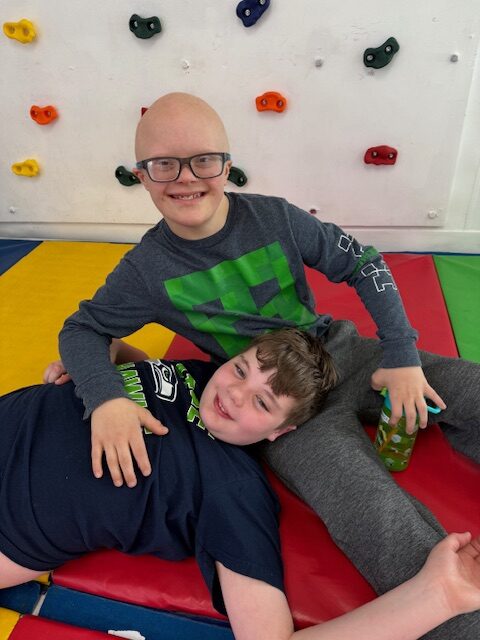The Elevation Ability Services Approach
Elevation Ability Services encompasses a CDE licensed Facility school adult waiver services and behavioral consultive services. Within all of Elevation Ability Services’ programs is a fundamental belief system that all individuals can learn and deserve the most compassionate and ethical care. Below are the evidence-based practices in which we implement.
Applied Behavior Analysis
What is Applied Behavior Analysis (ABA)?
ABA can broadly be described as the science of learning. Principles of ABA (like reinforcement) explain how individuals learn behaviors. Behaviors are anything a person does that is observable to another person. This can be adaptive behaviors like tying your shoes or problem behaviors like aggression. Behaviors are a form of communication, and our job is to listen and learn what those behaviors are telling us. Then by using the principles of ABA, we can teach desired adaptive skills to help learners communicate their wants and needs and meet their highest potential.
Elevation Ability Services embraces a variety of evidence-based assessments and treatment approaches based on the most current research within the field. Assessment and treatment approaches are selected based on the individual needs and desired outcomes for each child we serve. Some examples of core assessment and treatment approaches used within all the services provided at Elevation Ability Services, include but are not limited to:
- Practical Functional Assessments
- Skill-Based Treatment

Skills Based Treatment
Skill-Based Treatment (SBT) and Practical Functional Assessments (PFA) is a process derived from the evidence-based principles of Applied Behavior Analysis (ABA) and is one of the primary methods of assessment and treatment at Elevation Ability Services to address moderate to severe problem behavior. The PFA process first starts with informed interviews with key stakeholders in the child’s life, followed by a functional analysis. A functional analysis is the most accurate way to understand problem behavior and develop treatments based upon the results of the functional analysis. SBT emphasizes treating problem behavior in a way that prioritizes the safety and dignity of all participants while creating strong relationships built on trust and compassion.
The SBT process involves teaching a series of skills that, once learned, replace problem behavior. These skills are: (1) communication, (2) tolerating disappointment, (3) complying with directions from adults, and (4) how to handle unexpected challenges. We teach learners how to manage and cope in chaos/life real scenarios. If they can succeed in those conditions, they can succeed anywhere.
- To learn more about SBT please use this link https://ftfbc.com/todays-aba-and-compassionate-care/


